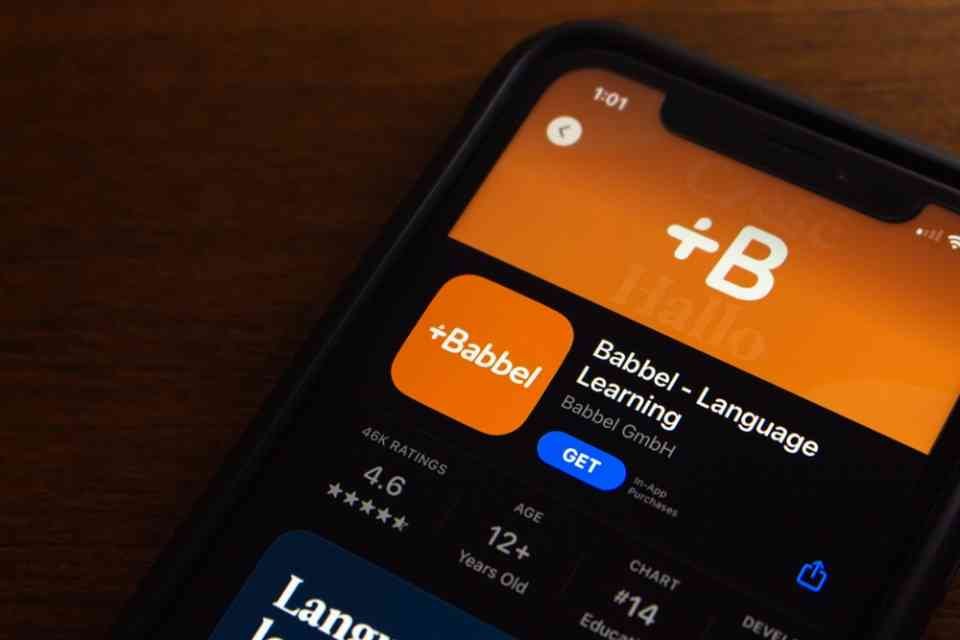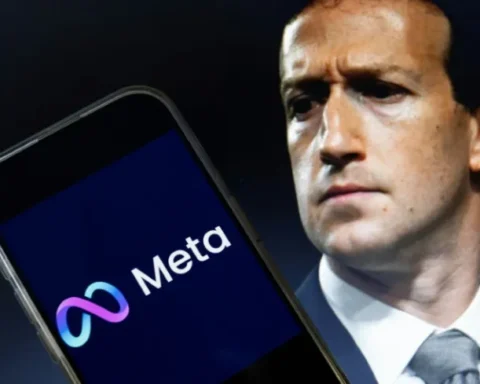As Babbel embarks on a new AI-driven phase, Markus Witte returns to guide the language-learning platform through its leadership transition
Babbel, the Berlin-based language learning platform, is undergoing a significant leadership shift as CEO Arne Schepker steps down after five years at the helm. Co-founder and former CEO Markus Witte is returning to a key leadership role during the search for Schepker’s successor, marking a new chapter for the company as it deepens its integration of AI technologies.
Rather than immediately resuming his position as CEO, Witte will take on the role of executive chairman and managing director, according to a statement from the company. Babbel emphasized that this leadership change comes at a pivotal moment as it embarks on a more AI-focused era.
A Natural Time for Transition
Schepker, who originally joined Babbel as Chief Marketing Officer in 2015, decided not to renew his contract, citing a need for change and a desire to recharge after years of leading the company. In an interview, he explained that while he remains deeply committed to Babbel’s mission, he no longer felt able to give the role the “more than 100 percent dedication” it requires.
“I felt it was the right time to step aside,” Schepker said. “Being CEO can become repetitive, from budgeting to setting team goals. I’ve decided to take a year off to travel with my family and reflect.”
Schepker had worked closely with Witte for several months before Witte’s departure as CEO, making this transition more seamless. Witte, who laid the foundations of Babbel’s product and company culture, is seen as the ideal figure to lead the company during this transitional phase.
Babbel’s Growth and Social Impact
During Schepker’s tenure as CEO, Babbel experienced significant growth, with its revenue multiplying sixfold to approximately $300 million, and the team expanding to nearly 1,000 employees. One of Schepker’s most memorable accomplishments was Babbel’s humanitarian efforts during challenging times, particularly the company’s provision of free language-learning tools to students during the pandemic and to Ukrainian refugees fleeing war. These initiatives, though not directly financially beneficial, reflected Babbel’s strong commitment to making language learning accessible to those in need.
“Helping Ukrainian refugees and students learn languages for free was one of the proudest moments of my time at Babbel,” Schepker shared.
A New AI-Driven Era
Witte’s return signals not only a steady hand during the leadership search but also a vision for Babbel’s future, which he believes will be shaped by the rapid development of AI technologies. Although Babbel has always incorporated machine learning into its platform, the company has historically differentiated itself from competitors like Duolingo by emphasizing the role of human teachers and linguistic experts.
However, Witte acknowledged that the technological landscape is changing at an unprecedented pace. “AI is advancing so rapidly that even the experts can’t predict what will happen in six months, let alone a year,” Witte remarked. “Babbel needs to be agile, ready to adapt, and perhaps even take more risks.”
While the integration of AI into language learning poses many exciting possibilities, Witte remains cautious about its long-term implications. “The next generation of AI could revolutionize the industry, but we need to keep a close eye on how we harness these tools while maintaining the human touch that has set Babbel apart.”
What Lies Ahead
With Witte back in a leadership position and AI poised to play a bigger role, Babbel is entering a new era of innovation. The company’s future will involve a delicate balance of leveraging cutting-edge technology while staying true to its roots in high-quality, expert-driven language education.
For now, as the search for Schepker’s successor continues, Babbel is fortunate to have a founder at the helm who is deeply invested in its success. “A founder may be more inclined to take bold steps and make strategic changes,” Witte noted, adding that the coming months will be crucial in determining Babbel’s direction as it navigates both technological and leadership transitions.
As Babbel prepares for the next phase, the company’s ability to evolve and embrace new opportunities will be critical to its continued growth and success in the ever-evolving language-learning market.
Post Views: 47
















